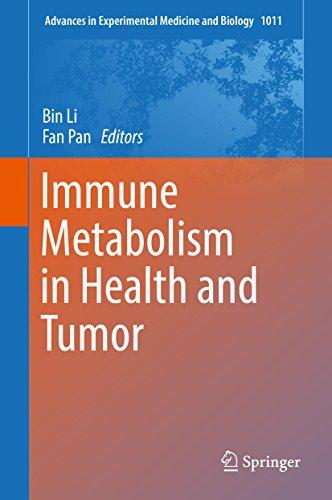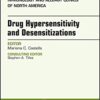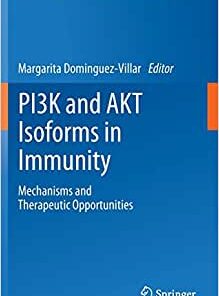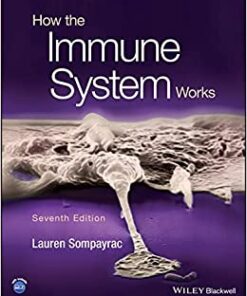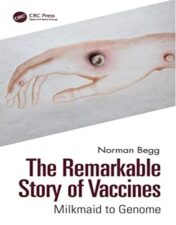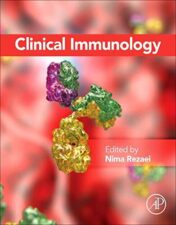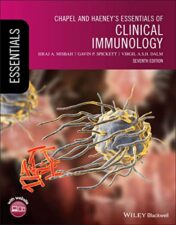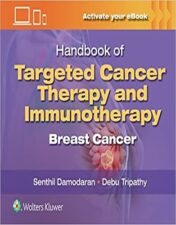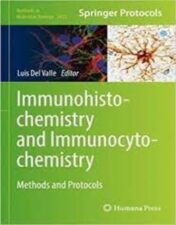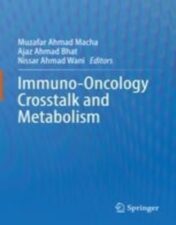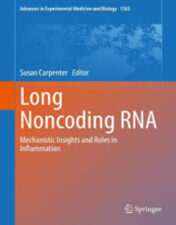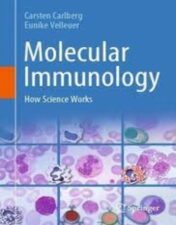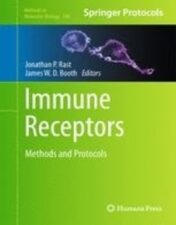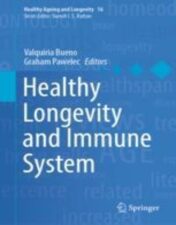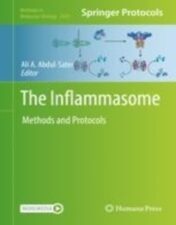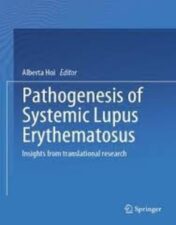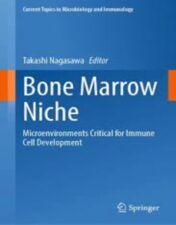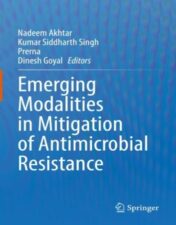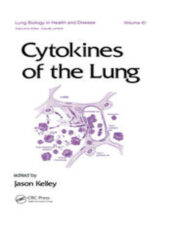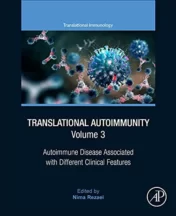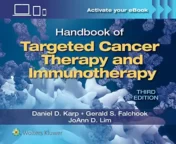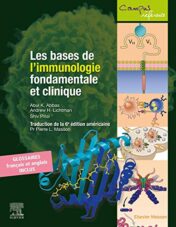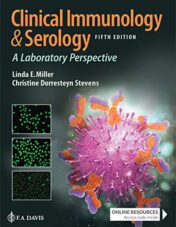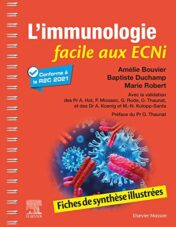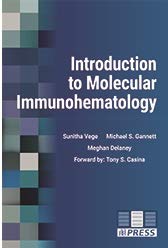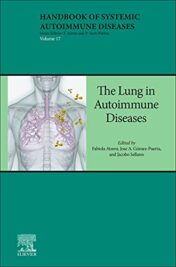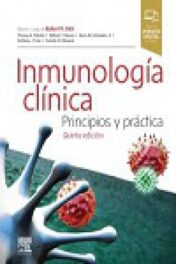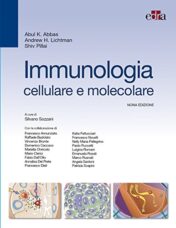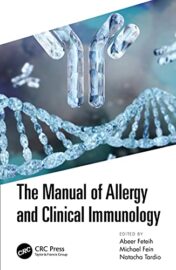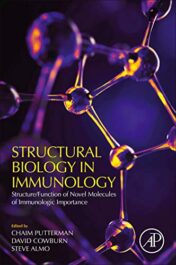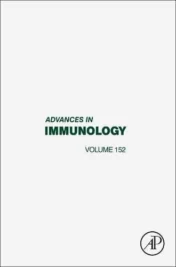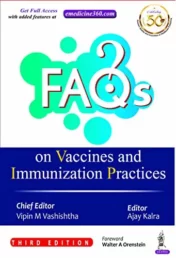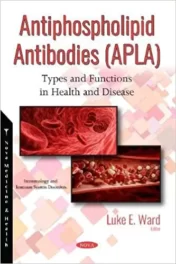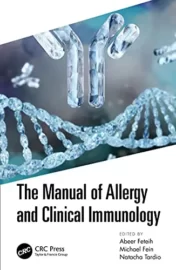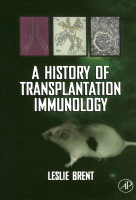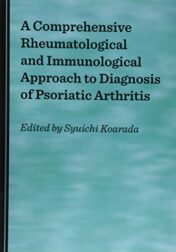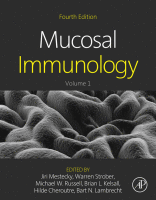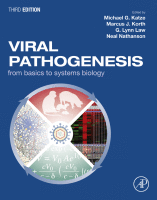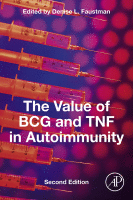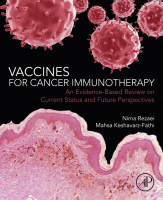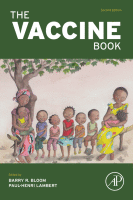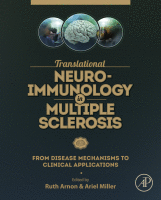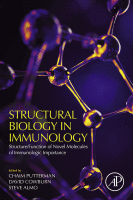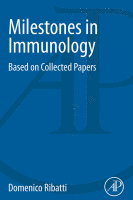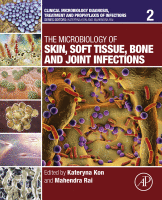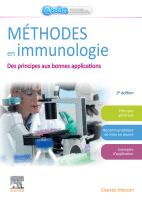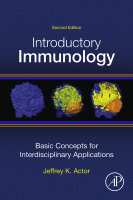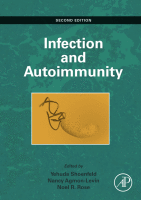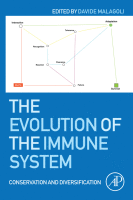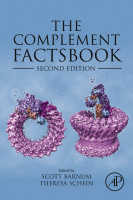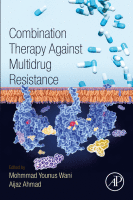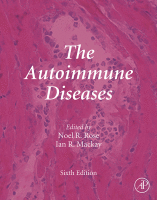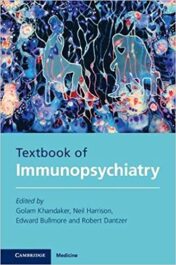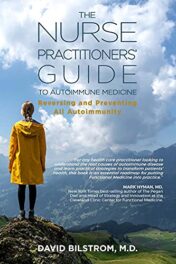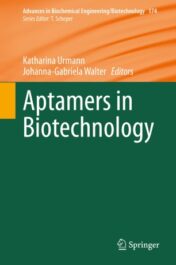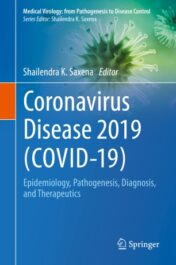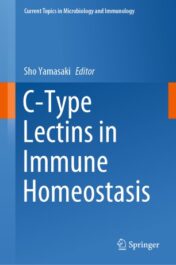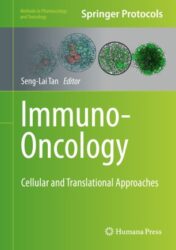- Series: Advances in Experimental Medicine and Biology (Book 1011)
- Hardcover: 223 pages
- Publisher: Springer; 1st ed. 2017 edition (September 5, 2017)
- Language: English
- Format: PDF Original
- ==========================+======================
-
Note : We will send ebook download link after confirmation of payment via paypal success
Payment methods: Visa or master card (Paypal
Immune Metabolism in Health and Tumor (Advances in Experimental Medicine and Biology) 1st
$28
by Bin Li (Editor), Fan Pan (Editor)
Immune Metabolism in Health and Tumor (Advances in Experimental Medicine and Biology) 1st
by Bin Li (Editor), Fan Pan (Editor)
This book offers a broad overview of the concepts and research findings in immunometabolism. The immune system is made up of numerous different cell types, pathways, and components that must be able to respond rapidly to a pathogen or cancer, but must also remain quiescent in the absence of challenges. Immune cells rely on metabolic pathways to adapt to changing environments and stimuli. Additionally, these cells can be modified in function or fate by fluctuations in available nutrients.
The chapters in this book describe ways in which immune cells utilize and are regulated by metabolic pathways. Topics include how immune-cell metabolism shapes immune homeostasis, and how dysregulation of these pathways can lead to immune disorders. In different contexts, such as a tumor microenvironment, immune-cell function and identity may be modified not only by cytokines and checkpoint molecules, but also by nutrient availability and other metabolic stimuli. Transcriptional reprogramming confers many of the changes in immune cell metabolism that are seen when a T-cell, for example, undergoes activation or functional adaptation to different environments. Lastly, immune cells can destructively or protectively participate in human metabolic homeostasis or disorders.
This book summarizes immune-metabolism from a variety of different perspectives, including the ways in which metabolic cues, pathways, and requirements of immune cells change in conditions of homeostasis and activation. The exploration of the significance of metabolic checkpoints and other cues, particularly in the context of cancer and immune disorders, may form the foundation for the development of therapeutics.
Product details |
Related Products
Basic Sciences Books
Basic Sciences Books
How the Immune System Works, 7th Edition (Original PDF from Publisher)
Basic Sciences Books
Basic Sciences Books
Immunology Books
Immunology Books
Immunology Books
Immunology Books
Immunology Books
Immunology Books
Immunology Books
Immunology Books
Paul’s Fundamental Immunology, 8th edition 2022 EPub+Converted PDF
Immunology Books
Immunology Books
Photodynamic Therapy Methods and Protocols 2022 Original pdf
Immunology Books
Immunology Books
Cancer Immunoprevention Methods and Protocols 2022 Original pdf
Immunology Books
Immunology Books
Immunology Books
Immunology Books
Immunology Books
Immunology Books
Immunology Books
Immunology Books
Immunology Books
The Inflammasome Methods and Protocols 2022 Original pdf+videos
Immunology Books
T-Follicular Helper Cells Methods and Protocols 2022 Original pdf
Immunology Books
Immunology Books
Immunology Books
Introduction to Molecular Immunohematology 2020 Original PDF
Immunology Books
Immunology Books
Immunology Books
Immunology Books
Immunologia cellulare e molecolare, 9e 2018 EPUB3 + Converted PDF
Immunology Books
Immunology Books
Immunology Books
The Manual of Allergy and Immunology 1st Ed 2021 Original pdf
Immunology Books
Immunology Books
Immunology Books
Viral Pathogenesis From Basics to Systems Biology 2016 original pdf
Immunology Books
Immunology Books
Immunology Books
Immunology Books
Milestones in Immunology Based on Collected Papers 2018 original pdf
Immunology Books
Immunology Books
Immunology Books
Immune Rebalancing The Future of Immunosuppression 2016 original pdf
Immunology Books
The Complement FactsBook A volume in Factsbook 2018 original ppdf
Immunology Books
Combination Therapy Against Multidrug Resistance 202 original pdf
Immunology Books
Immunology Books
Immunology Books
Immunology Books
Immunology Books

